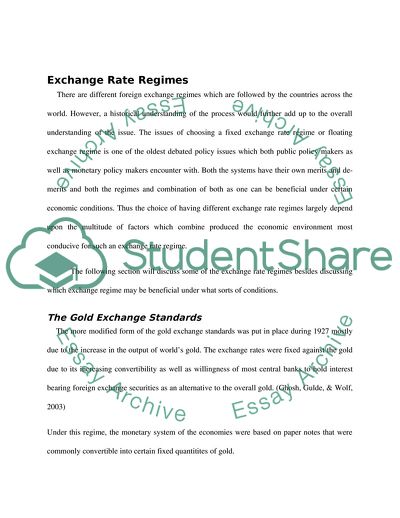Cite this document
(Exchange Rate Policy in the Gulf States Literature review, n.d.)
Exchange Rate Policy in the Gulf States Literature review. https://studentshare.org/macro-microeconomics/1720774-exchange-rate-policy-in-the-gulf-states
Exchange Rate Policy in the Gulf States Literature review. https://studentshare.org/macro-microeconomics/1720774-exchange-rate-policy-in-the-gulf-states
(Exchange Rate Policy in the Gulf States Literature Review)
Exchange Rate Policy in the Gulf States Literature Review. https://studentshare.org/macro-microeconomics/1720774-exchange-rate-policy-in-the-gulf-states.
Exchange Rate Policy in the Gulf States Literature Review. https://studentshare.org/macro-microeconomics/1720774-exchange-rate-policy-in-the-gulf-states.
“Exchange Rate Policy in the Gulf States Literature Review”. https://studentshare.org/macro-microeconomics/1720774-exchange-rate-policy-in-the-gulf-states.


